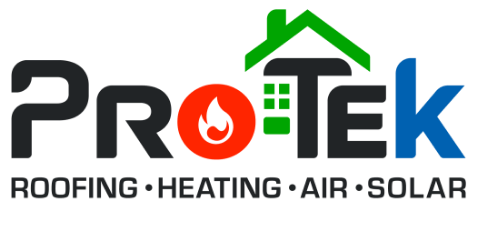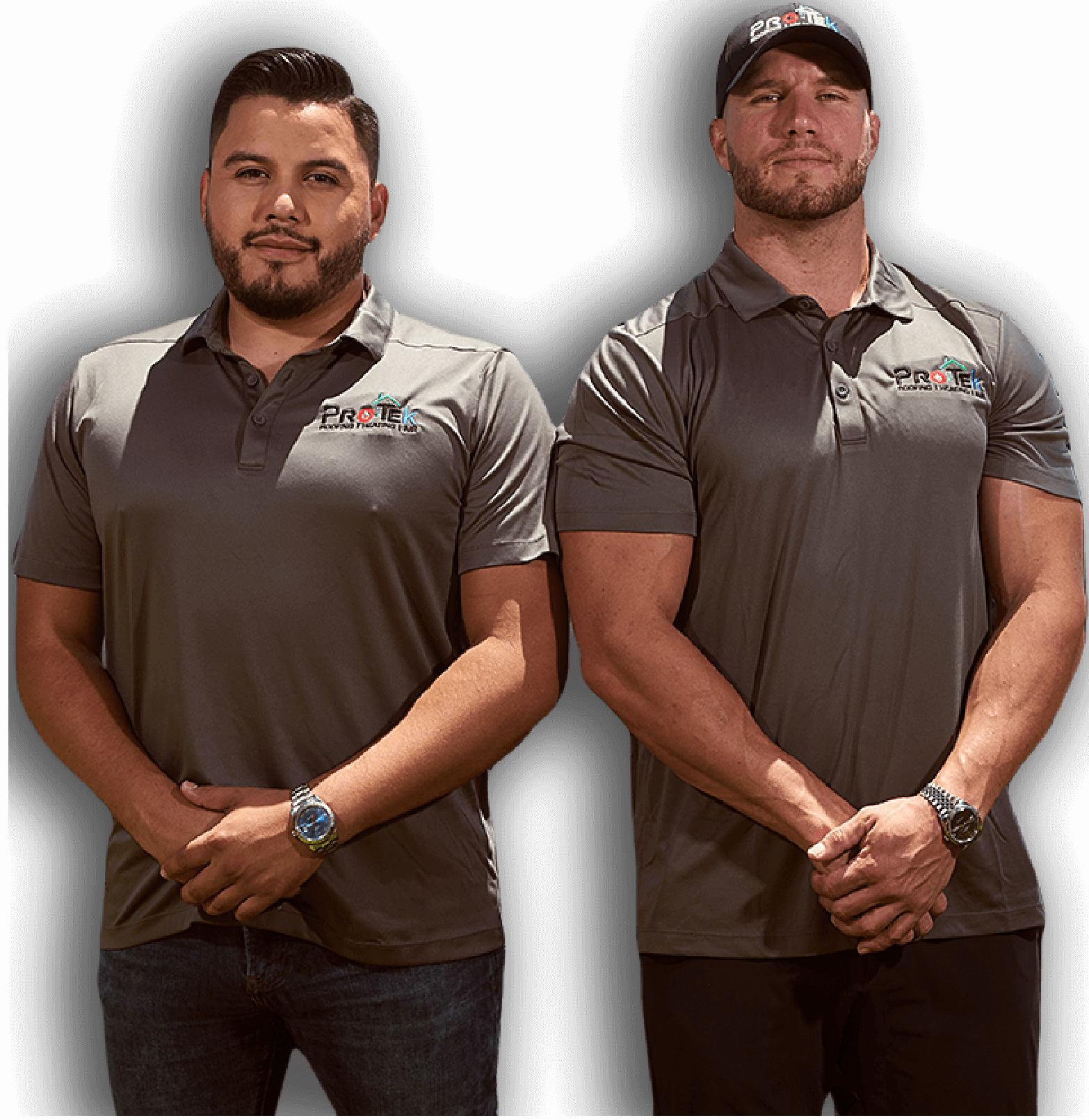As we all know, life travels pretty fast. One moment you’re celebrating Christmas, and the next, it’s mid-April, and you are getting ready for spring to start. With all this rush through the holidays behind us, do you remember the last time you changed the air filters in your HVAC system?
In a rushy life, it’s normal to forget about air filters. But homes with pets or places with high pollen in the environment require the regular changing of air filters in HVAC systems.
Therefore, today we will explain the importance of changing air filters in HVAC systems in detail. Also, we will discuss some adverse effects of a dirty filter on your health and the performance of your HVAC unit.
5 Important factors of Changing Air Filters in HVAC Systems
There are a variety of importances of changing air filters of your HVAC systems regularly. Based on the excellent health of yourself and your family, as well as your HVAC unit. We have gathered the top 5 best importances to share with you.
1. More Clean and Healthy Air to Breath: The foremost importance of changing the air filters of your HVAC systems is to provide you with cleaner, healthier and fresher air to breathe. Particularly for the children and elderly house members, especially those suffering from asthma and breathing allergies. Additionally, WHO estimates that more than 7 million people die due to ambient household and outdoor air pollution every year. Moreover, over 3 billion people, including children and women, are breathing deadly smoke coming from their stoves and fuels in their houses.
2. Less Operational Cost: Changing air filters in your HVAC systems routinely increases their performance and efficiency, which helps in decreasing their cost of maintenance in the long run. Moreover, clean filters help your HVAC unit to consume less energy, resulting in lower electric bills. According to the energy department, changing the air filter of your HVAC system can reduce energy consumption by 15%. Also, since your HVAC unit is responsible for nearly half your electric bill, you can save up to 7.5% each month.
3. Increases Durability: Another vital aspect of changing clogged air filters of your HVAC system is that it increases its durability by decreasing maintenance requirements. Clean filters also protect your HVAC system from unnecessary damages and failures that can affect its durability and help it to work effectively for a longer lifespan.
4. Decreased Risk of Overheating: Clean air filters can decrease the risk of overheating your HVAC system’s fan motor. If the air filters are clogged, the fan motor must work harder to circulate the air across your house. Thus, it’s crucial to change the air filters regularly.
5. Dirt Free Ducts: Last but not least, new and clean air filters in your HVAC system provide you with dirt-free ducts. If the air filters are dirty, more dust particles and debris will flow through the vents, causing them to settle in there.
Furthermore, it’s much easier to change a clogged air filter than to schedule a duct cleaning. Therefore, it’s up to you which one you prefer.
Why it’s Important to Change Air Filters Regularly in your HVAC System?
It’s essential to change air filters in your HVAC system because they provide your unit with the first line of defense against large objects like loosened bits of insulation that can be pulled into it and do irreversible damage.
Not only that, but clean air filters also prevent different germs and bacterias from spreading across your house and affecting the health of house members. Additionally, they ensure high-quality airflow throughout the house.
How often do I have to Change the Air Filters in my HVAC Systems?
Changing time for your air filters depends upon different factors such as your environment and the vastness of your home. Suppose you live in a dusty area with high pollen and pets in your house. We recommend changing your filters monthly.
However, some people choose to do it every 90 days; some opt to change them after every 30 or 60 days, depending on the environmental condition and air pollution.
Since air filters are generally inexpensive, so it’s best to change them every month. Also, most of the time, air filters are the number one cause of HVAC system failure. Thus, it would be in your best interest to ensure that your filters are clean to avoid any expensive damage.
5 Impacts of Not Changing the Air Filter in HVAC Systems
There are many impacts of not changing the air filters in your HVAC systems that can cause various long and short-term issues in them. Out of these, five significant effects are listed below.
1. High Risks of System Failure: Air that can move freely through a clean filter traps behind a clogged filter, causing the fan motor to wear up, resulting in overheating or freezing up the fan motor. Consequently resulting in your HVAC system failure.
2. Bad Air Quality: Another significant impact of clogged air filters is providing you with bad air quality. The air filters trap not only dust particles but also the moisture present in the air. Not changing the air filters on time will lead to more dust particles in your house, making the air unhealthy to breathe.
3. Soiling of Evaporator Coil: The evaporator and condenser coil of your HVAC system collects dirt over time. A clogged air filter can cause more dirt to gather around the coil and soil it quickly. Also, the dirty evaporator coil can cause damage to the compressor due to improper evaporation of the HVAC unit. Therefore, to prevent freezing up or improper moisture tracking down the coil and causing different water issues, you should change the air filters regularly.
4. Encourages the Growth of Bacteria and Mold: There is an additional material present in the air filter that gathers moisture in the air. Clogged air filters can encourage mold and bacteria growth over their surface if these bacterias colonize at the wrong side of the filter. They can spread into the house, introducing more allergens and pollutants that can cause serious health issues.
5. Inconsistency of Air Temperature: Since your HVAC system is struggling to blow air because of clogged air filters, there will be no noticeable change in the indoor temperature, although your HVAC system will be consuming the same amount of energy, oil, or gas. Or otherwise, certain places in your house may be cooler or hotter than you would like them to be. Moreover, clogged air filters can also interface with the temperature sensor of your HVAC system that signals it to start and stop. Results will be your discomfort, system inefficiency, and high maintenance cost.
Conclusion:
To sum up, if you don’t follow the instructions above and don’t change your dirty air filters, you can get yourself and your family members into a variety of different problems that could be avoided.
So, make it your habit to regularly change the air filters in your HVAC system and avoid the risk of getting unhealthy and damaging your system.



